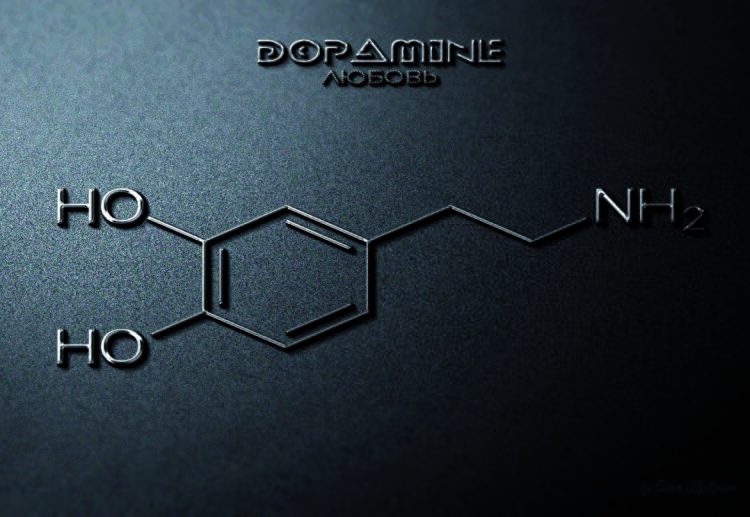How do you increase Dopamine is a question many people ask, but let’s start with what it is first.
What is Dopamine?
Dopamine is a neurotransmitter, which is a chemical messenger that plays a crucial role in the brain and body. It is produced in several areas of the brain, including the substantia nigra and the ventral tegmental area.
Dopamine is involved in various important functions in the body, including:
Reward and Pleasure: Dopamine is often referred to as the “feel-good” neurotransmitter because it plays a central role in the brain’s reward system. When you experience something pleasurable, such as eating a delicious meal, engaging in enjoyable activities, or receiving positive feedback, your brain releases dopamine. This release of dopamine reinforces and motivates you to seek out those pleasurable experiences again.
Motivation and Drive: Dopamine is also associated with motivation and goal-directed behavior. It can drive you to pursue certain actions and goals, as it is linked to the anticipation of reward or positive outcomes.
Motor Control: In addition to its role in the brain’s reward system, dopamine is involved in regulating motor control. A deficiency of dopamine in certain areas of the brain is associated with movement disorders, such as Parkinson’s disease.
Mood Regulation: Dopamine is connected to mood regulation. Abnormal levels of dopamine can contribute to mood disorders, such as depression and schizophrenia.
Cognition: Dopamine is important for various cognitive functions, including memory, attention, and problem-solving.
How do you increase Dopamine ?
Here are several strategies to naturally boost dopamine production:
Diet: Proper nutrition is essential for maintaining healthy dopamine levels. Certain foods can provide the precursors needed for dopamine synthesis. These include:
Protein: Foods rich in the amino acid tyrosine, which is a precursor to dopamine, can help increase dopamine levels. Examples include lean meat, poultry, fish, tofu, dairy products, nuts, and seeds.
Phenylalanine-rich foods: Phenylalanine is another precursor to dopamine. Foods like eggs, soy products, and dairy contain phenylalanine.
Exercise: Regular physical activity, especially aerobic exercise, can increase dopamine production. Exercise is known to boost mood, reduce stress, and enhance motivation.
Sleep: Getting enough quality sleep is crucial for dopamine regulation. Chronic sleep deprivation can lead to reduced dopamine receptor sensitivity.
Stress Management: High levels of stress can negatively impact dopamine levels. Practicing stress-reduction techniques such as mindfulness, meditation, and relaxation exercises can help maintain healthy dopamine function.
Social Interaction: Positive social interactions and emotional connections can stimulate dopamine release. Engaging in social activities and maintaining healthy relationships can be rewarding and boost dopamine.
Achieving Goals: Setting and achieving personal goals, no matter how small, can trigger dopamine release. The sense of accomplishment and reward that comes from meeting your goals can be motivating and increase dopamine levels.
Novelty and Challenge: Trying new activities, learning new skills, and challenging yourself mentally or physically can stimulate dopamine production. Novel experiences are often associated with increased dopamine release.
Music: Listening to music you enjoy, especially music that gives you a sense of pleasure, can trigger dopamine release in the brain.
Sunlight: Exposure to natural sunlight can help regulate dopamine levels and improve mood. Seasonal affective disorder (SAD) is often treated with light therapy, which can help alleviate symptoms by affecting dopamine production.
Supplements: While it’s generally best to get nutrients from your diet, some supplements can support dopamine production. Consult with a healthcare professional before taking any supplements, as they can have side effects and interact with medications. Common supplements include L-tyrosine and SAM-e.
Avoid Excessive Stimulants and Drugs: While certain stimulants, like caffeine and nicotine, can temporarily increase dopamine release, long-term or excessive use can have detrimental effects on dopamine receptors. Illicit drugs can also severely disrupt dopamine regulation.
Related: Sycamore Gap: Does this poet sum up tragedy for you?







